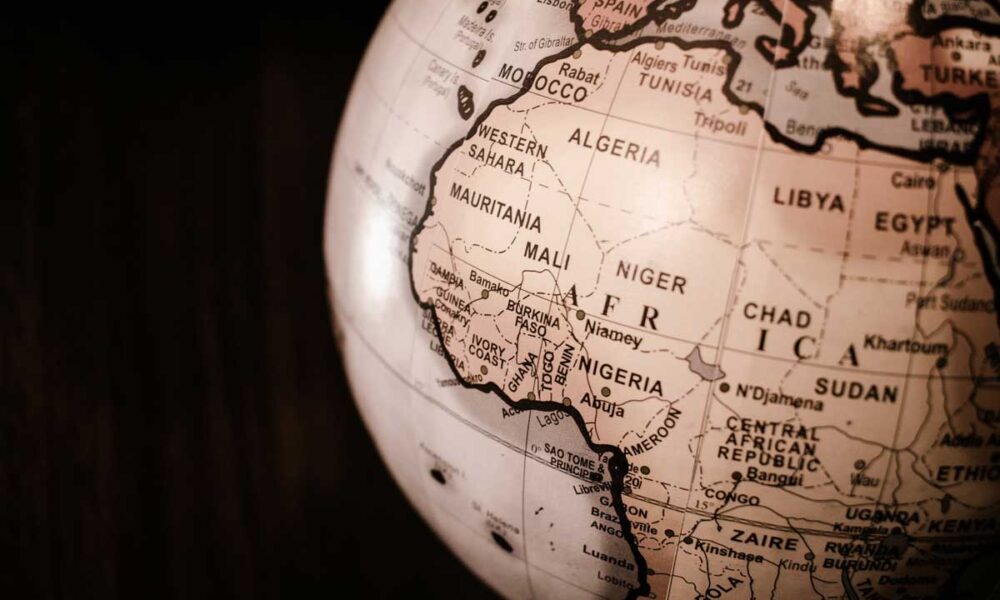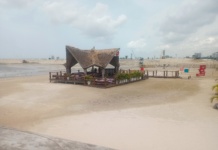
By Olakunle Agboola – African historians have claimed that the African problem is not without the Berlin conference of 1884/85 where European leaders met to divide Africa and arbitrarily draw up borders that exist to this day.
Representatives of 13 European states, the United States of America and the Ottoman Empire converged in Berlin at the invitation of German Chancellor Otto von Bismarck to divide up Africa among themselves “by international law.”
African historians have argued why Africans were not invited to the meeting which is a means of scrambling Africa and expanding willy-nilly control. The impact of the ‘Scramble’ is the reality of official languages spoken in Africa today cum system of education and forms of government. Also is tampering with the traditional system of government nt, African languages, and cultures that existed before colonization.
It is widely acclaimed that thousands of Africans were killed by European forces as each nation claimed the territory they decided was theirs. It was a dark side of history that will continue to be a subject of discussion as the earth remains. In the 1870s, around 10 per cent of the African continent was controlled by European countries and by 1914, this had increased to 90 per cent. Ethiopia and Liberia were the only African countries not under European control, though Ethiopia was briefly occupied in 1936 but did not give up on fighting back against European forces.
Historian Olayemi Akinwunmi from Nasarawa State University in Nigeria thinks that the conference of 1884/85 is a crucible for future inner African conflicts. He exanimated that the conference was nothing positive but a means of British exploitation of African colonies for natural resources, such as gold, rubber and oil which resulted in huge profits which went back to Britain.
“In African Studies, many of us believe that the foundation for present-day crises in Africa was laid by the 1884/85 Berlin Conference. The partition was done without any consideration for the history of the society or understanding of the culture of Africa not to talk of the social milieu or cohesive structure of African families. The conference did irreparable damage to the continent and for obvious reasons, some countries are still suffering from it to this day. People had learnt to live with borders created which only existed on paper. Borders are important when interpreting Africa’s geopolitical landscape, but for people on the ground they have little meaning.”
In the 1960s, as African countries started gaining independence, it is believed that African politicians could have changed the colonial borders but they desisted that the thought of it would cause more conflict. Biodun Adeoye, a scholar and a professor of African History disagreed that colonial borders can be removed but it will be a fine-tuned energy of African political leaders to make a change rather than using the artificial borders as political instruments.
‘Europeans did irreparable damage to African continents through Artificial borders splitting many closely related ethnic groups into different colonial regions. In the Horn of Africa, for instance, they split Somalis into French Somaliland, British Somalia, Italian Somalia, Ethiopian Somalia, and the Somali region of northern Kenya. Such colonial borders have massive effects on Somali people who share a common culture, a similar way of life, and the same religion, but live as separate citizens of Ethiopia, Djibouti, and Kenya. Similarly, the Afar people of Ethiopia were split between Ethiopia, Eritrea, and Djibouti, and the Anyuaa and Nuer were split between Ethiopia and South Sudan.
Following artificial border designs, African communities could not move freely in their daily activities and nomadic practices, which inflicted economic hardship and social inconvenience. Changing the lifestyle and structural systems of African communities negatively affected their traditional life, administrative structures, and economic well-being Besides improperly designed borders, European colonial powers employed “divide and rule,” “direct rule,” and “assimilation” policies, which forced the loss of social norms, identity, and social order for Africans.
Some political elites in Africa affiliate more along ethnic lines, and play crucial roles in fueling tensions and escalating political disenfranchisement Despite the effects of colonization and artificial borders on borderland communities, African political leaders have not alleviated these problems but rather used them as political instruments. ‘
The collective effort of African political leaders can fix Africa and break every barrier to the integration and psychological well-being of the African state. Borders might just be lines on a map that can be changed if African leaders speak in one voice. It might be difficult with the thought of it looking at language barrier, and natural resources which many have argued will create more problems but with a holistic view, it will go a long way to shape Africa standing tall after 179 years of European partition of Africa.
Kindly follow us on twitter:@AfricanVoice2










